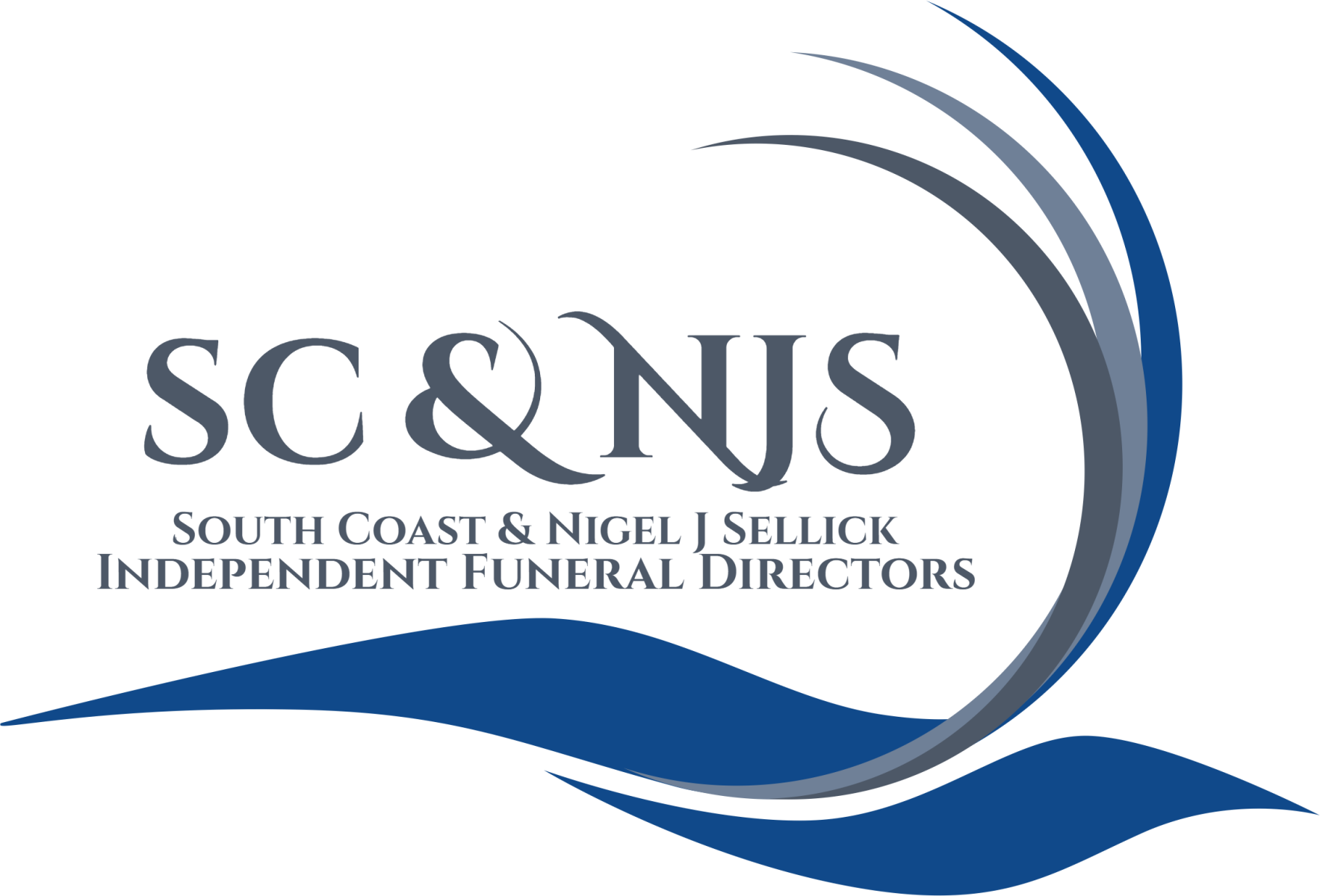Helpful Information
Please Call 01202 879289
How to register a death and get a Death Certificate.
Once the death has been registered, you will be given all of the paperwork required to arrange the funeral.
If you are unsure about the process of registering a death we will explain everything you need to know.
How long do you have to register a death?
If you’re in England, Wales or Northern Ireland, you will have five days
The Death Certificate will be issued at your appointment and you will be able to purchase additional copies at your local register office.
Where to register a death
After registering the death, you will be given a Certificate of Registration of Death and a number of other documents, Including the “Green Certificate” for burial or cremation (to give to the funeral director)
Bournemouth Registry Office
The Town Hall Bournemouth
• To book an appointment with a Registrar
• You can register a death from Monday to Friday, between 9am and 4pm at Bournemouth Register Office.
• Please phone 01202 454945 to book an appointment. You can call:
• Monday – Thursday, 8.30 am to 5.15 pm. Fridays, 8.30 am to 4.15 pm
Poole Registry Office
The Guildhall
Market Street
Poole
BH15 1NF
Opening hours, Monday to Thursday: 9am to 4:30pm
Friday: 9am to 4pm
Telephone 01202 633744
Christchurch Registry Office
The Civic Offices
Bridge Street
Christchurch
Dorset
BH23 1AZ
Telephone: 01202 225 153
Ferndown Registry Office
King George V Pavilion
Peter Grant Way,
Ferndown,
BH22 9EN
Telephone: 01305 225153
Monday – Friday 9:00 AM – 4:30 PM
More information on Registering A Death
A Death Certificate is an official notification issued by a registrar declaring that a death has occurred.
What do you need a Death Certificate for?
You’ll need the Death Certificate to deal with the estate of the person who has died. It’s a statutory certificate issued at the time in which a person taking responsibility for the funeral arrangements registers the death.
The certificate offers the name and surname of the deceased, their sex, age, birth details, occupation, the cause of death, when and where the person died, a description and residence of the informant, when the death was registered and the signature of the registrar.
When registering a death, it is important to ask for additional copies of the Death Certificate as you may need to give them to insurance, bank or pension companies.
You may also be required to give copies to the executor or administrator of the Will who is dealing with the property and finances of the person who has passed away.
How much is a Death Certificate?
The cost of a Death Certificate varies across the UK. Each certified copy will cost £11.00 in England and Wales.
How to get a copy of a Death Certificate
We recommend buying additional Death Certificates for when you’re sorting out your loved one’s affairs and finances.
The process of dealing with their estate and finances can sometimes be quicker if you have more than one copy of their Death Certificate.
If you do not purchase additional copies at the register office, you can get copies from the General Register Office (England and Wales)
Please be aware that photocopies of a Death Certificate are not typically accepted by legal, financial or insurance companies.
Who can collect a Death Certificate?
The following people can register a death which means they are allowed to collect the Death Certificate:
What happens if a coroner is involved?
When a loved one sadly dies suddenly or unexpectedly, the death will be reported to the Coroner to investigate the death.
It is their duty to identify how, when and where the person died for official records, as well as for giving some level of understanding to friends and family of the deceased.
Unfortunately, this may delay your funeral plans as a post-mortem or inquest will usually take place. We will be able to help you should the coroner become involved.
If you would like more information about how to register a death, please contact South Coast funerals.
The Grant Of Probate
What is probate
If the person left a will, you’ll get a ‘grant of probate’.
If the person did not leave a will, you’ll get ‘letters of administration’.
You apply for both in the same way.
Sometimes depending on the estate you may need to instruct a Solicitor to deal with probate for you.
You may not need probate if the person who died:
Only had savings or premium bonds.
Contact each asset holder (for example a bank or mortgage company) to find out if you’ll need probate to get access to their assets. Every organisation has its own rules.
How a probate application works
Value the estate and report it to HMRC.
Apply for probate.
Pay any Inheritance Tax that’s due.
Collect the estate’s assets, for example money from the sale of the person’s property.
Pay off any debts, for example unpaid utilities bills.
Keep a record (‘estate accounts’) of how any property, money or possessions will be split.
Pass the estate (‘distribute the assets’) on to the people named in the will (‘beneficiaries’).
